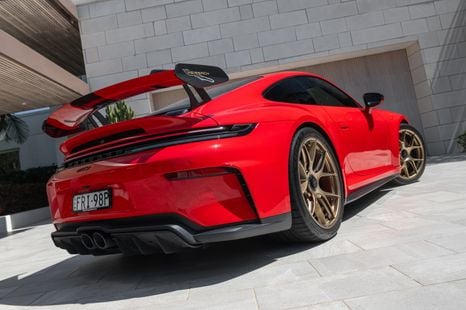

Anthony Crawford
2026 Porsche 911 GT3: Why it’s the ultimate Porsche
7 Hours Ago

News Editor
Nissan says it doesn’t want to follow other brands in dramatically slashing new car prices in Australia.
The remarks from Nissan Oceania managing director Andrew Humberstone come after successive price cuts by Tesla saw various brands slash prices on their own electric vehicles (EVs).
“I think it’s a risk to the business. I think it’s a risk to the market. I think it’s irresponsible,” Mr Humberstone told CarExpert when asked about Tesla’s recent price cuts.
“But it forces people to follow, or you have to sit on the stock and wait for it to calm down and then react hopefully after the initial inertia is being dealt with.
100s of new car deals are available through CarExpert right now. Get the experts on your side and score a great deal. Browse now.
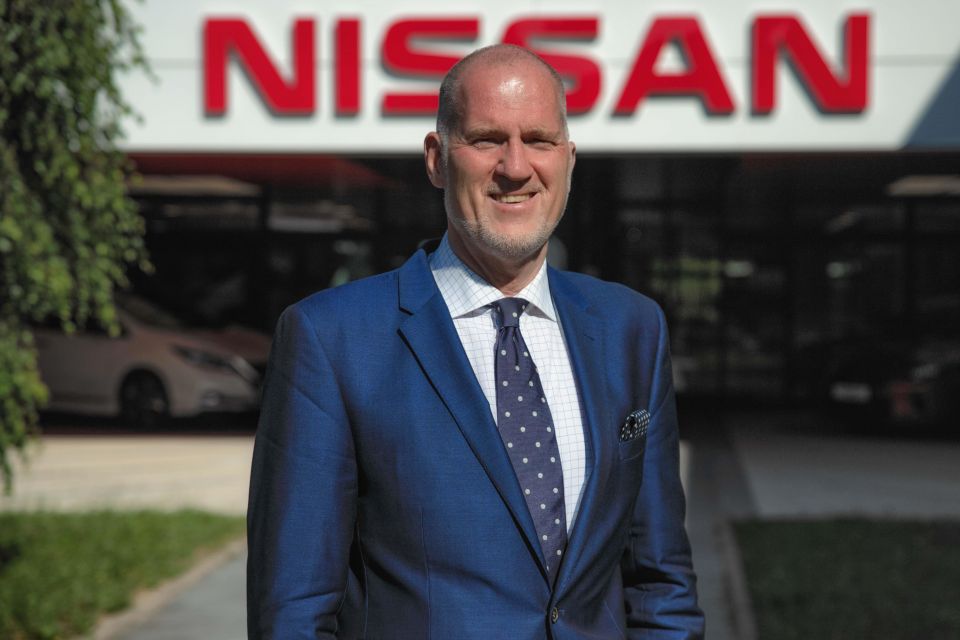
“But that’s also disruptive. And then you start looking at what is the actual objective here. What are you trying to achieve?
“I think in the case [of the Model Y price cuts] actually absolutely the point was disruption. It was actually strategically done to disrupt.
“And the knock-on effect is, I don’t know how many customers you upset in this process. But I would have been very upset if I had bought that product, and I’d lost 25 per cent of the value the next day.
“Now, I understand depreciation of a vehicle, but that’s 25 per cent on top of my depreciation or 20 per cent on top of my depreciation. I’ve lost 40 per cent of the value of that vehicle overnight. Really? And you want retention, and you want loyalty?”
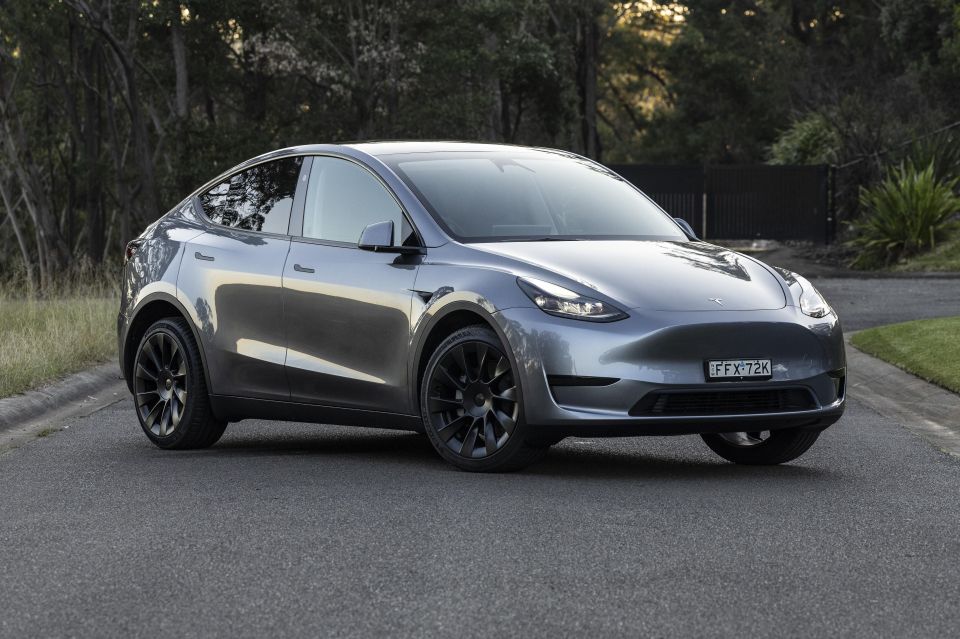
Tesla has dropped Model Y prices in Australia three times since March 2024, with the base RWD model now priced at $55,900 before on-road costs – around $13,000 less than what one cost during much of last year.
The Model Y is comfortably Australia’s best-selling EV, so these price cuts weren’t implemented to fend off a rival SUV bearing uncomfortably down on the Tesla.
Ford subsequently cut prices of its rival Mustang Mach-E from June 1, while other carmakers including Jeep, Peugeot and Polestar have slashed prices of their EVs in the wake of Tesla’s disruptive price cuts.
Australia wasn’t the only market where Tesla rolled out significant price cuts, with similar moves in China igniting a price war with Chinese rivals like BYD.
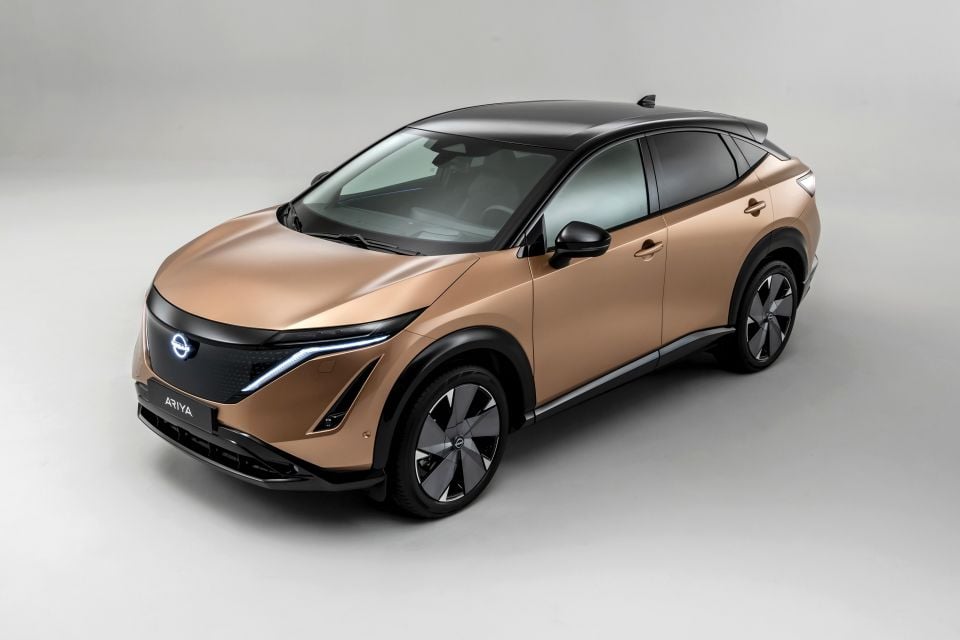
Mr Humberstone said he didn’t want to wade into price wars, arguing it dilutes the business model.
“You have a strategy, you have a plan, you’re selling X number of vehicles… If that radically changes, you have to increase your variable marketing to reduce your price to be competitive,” he said.
“That dilutes your profitability, that then has a knock-on effect on everybody’s economics, it’s not healthy business.
“Now there’s scope for agility and flexibility, of course, but when it’s… 20 per cent, you’re destroying a segment, you’re destroying a product.”
He didn’t mince words about how he felt about Tesla’s price cuts.
“Respectfully, for me, it’s a moral compass thing. I talk about authenticity and credibility – to me, [it’s] shameful,” he said.
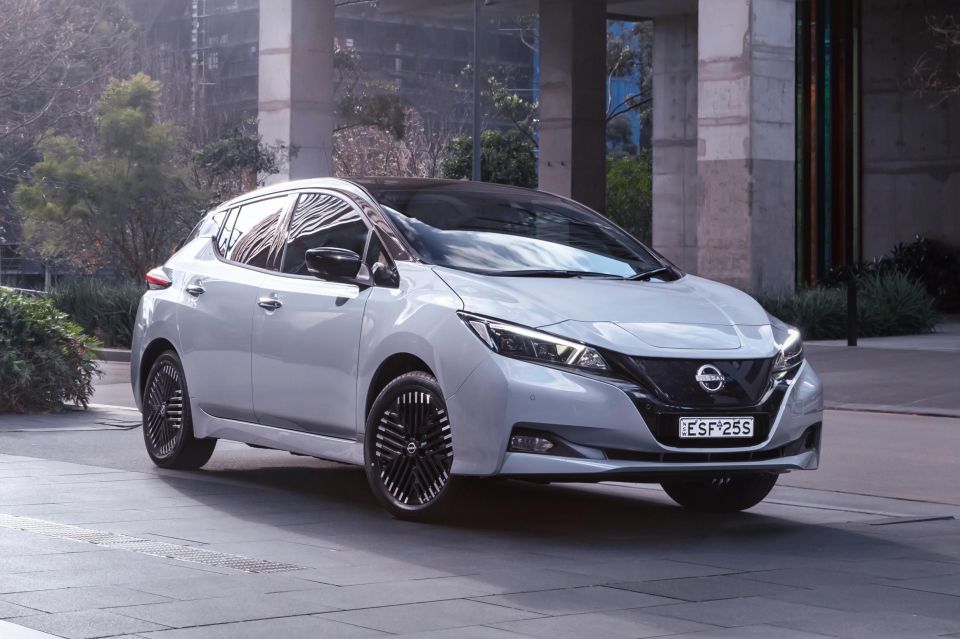
“People have worked hard, part of the culture of this country is hard-working Australians that have made this country what it is today.
“They got out there and they work, they do their job, and then they lose 40 per cent of the value of their product overnight?”
He said he would struggle if he was in a position where he was weighing significant price cuts.
“There would have to be a damn good reason for us to do something like that,” he said.
“You do have end of product life cycles, you have crises in business, you have situations where free cash flow is a requirement, these dynamics happen in business.
“But it becomes more and more common. And for me, can we differentiate and be the brand that can be trusted? I’d rather wear that suit.”
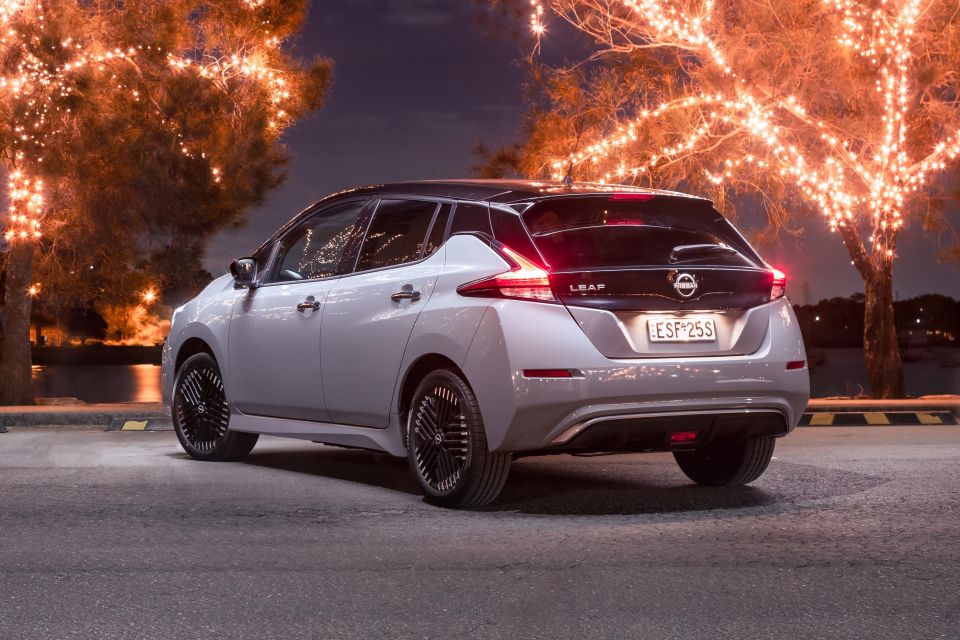
Nissan recently rolled out a major price cut of its own.
In May, it cut prices of its Leaf to $39,990 drive-away and $49,990 drive-away for the Leaf e+, down from $50,990 and $61,490 before on-roads, respectively. The company is still advertising these offers.
The current Leaf is at the end of its life cycle, with Nissan’s Sunderland, UK plant – which builds it for markets like ours – ending production of the electric hatch earlier this year.
Mr Humberstone also sounded a warning about the raft of new brands coming to Australia, most of which hail from China.
“When you come in and you say, ‘We think we’re going to test here’ and then after X number of years, ‘Actually no we’re not’, where does that customer problem sit? It sits with the dealer,” he said.
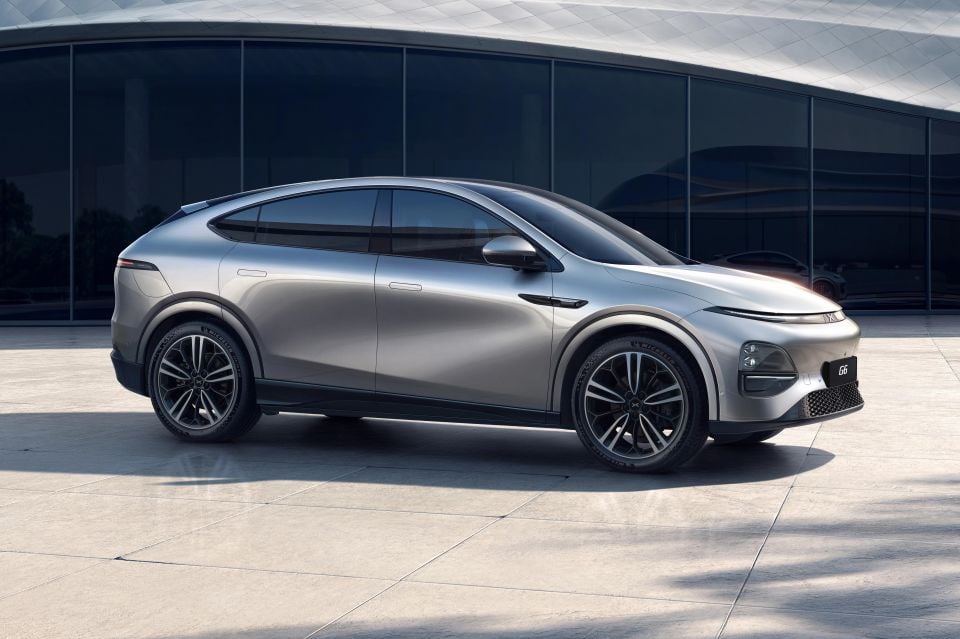
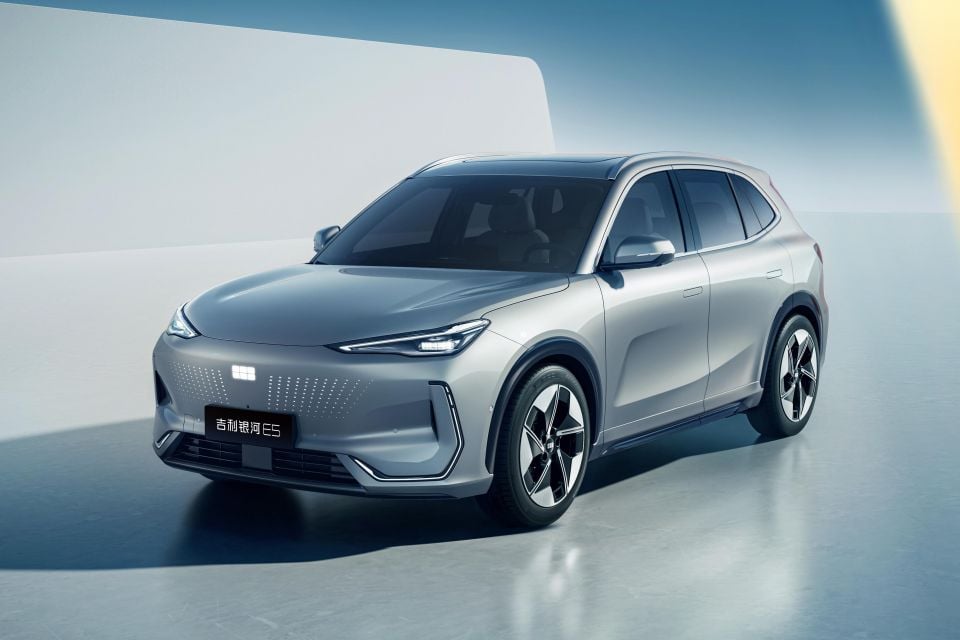
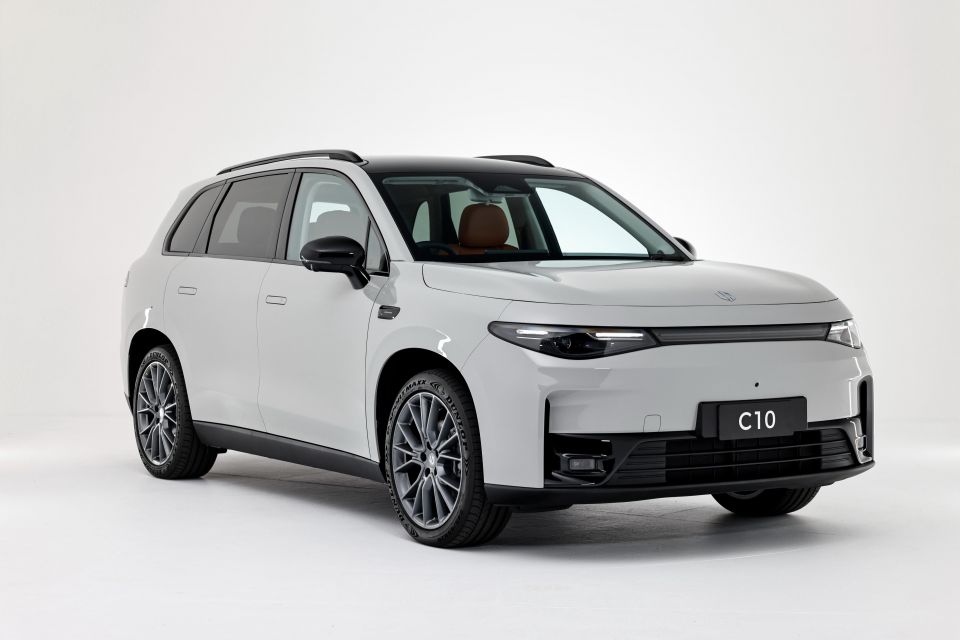
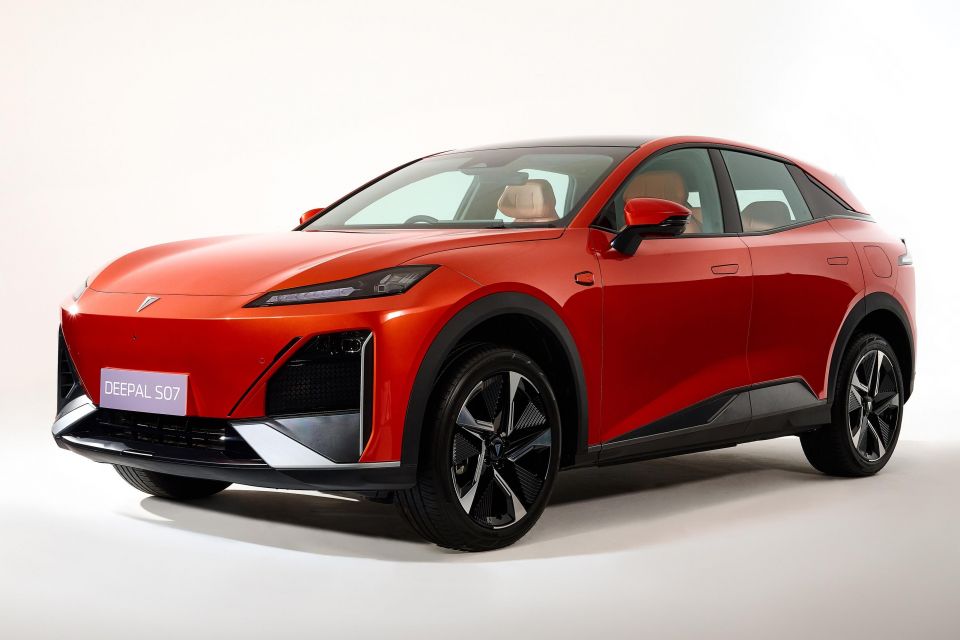
“The brand is gone. Does the dealer want that? Does the customer want that? It depends on what your short-term objective is.”
Mr Humberstone said upwards of 100 brands could be competing in Australia within the next five years, which isn’t sustainable, and expected some will fold.
Nissan still has yet to introduce its Model Y-rivalling Ariya to Australia, though it confirmed last month it had finally been locked in for a local launch in the second half of 2025.
It appears the company is seeking to avoid what Ford did with its Mustang Mach-E and Subaru with its Solterra, which was to announce pricing and then subsequently announce cuts.
In the case of both vehicles, these initial cuts came before deliveries commenced, however Ford subsequently cut Mustang Mach-E prices again this year.
Mr Humberstone said his company has been “smart with the timing… or else we would have had to respond to the market conditions and our pricing would have been catastrophic”.
“I think we’ve read that one well,” he said.
MORE: Everything Nissan MORE: Nissan warns more car brands will leave Australia MORE: Nissan Ariya EV finally coming to Australia
Go deeper on the cars in our Showroom, compare your options, or see what a great deal looks like with help from our New Car Specialists.
William Stopford is an automotive journalist with a passion for mainstream cars, automotive history and overseas auto markets.


Anthony Crawford
7 Hours Ago
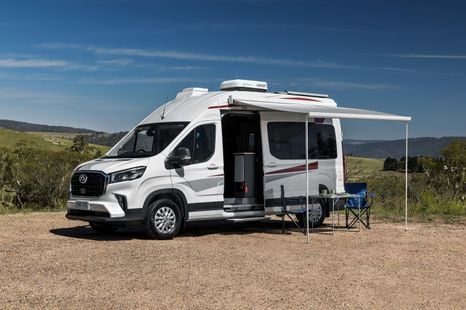

Damion Smy
7 Hours Ago
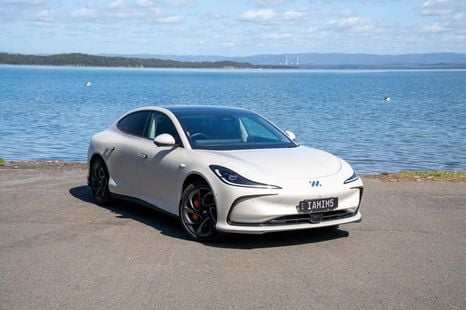

CarExpert
8 Hours Ago
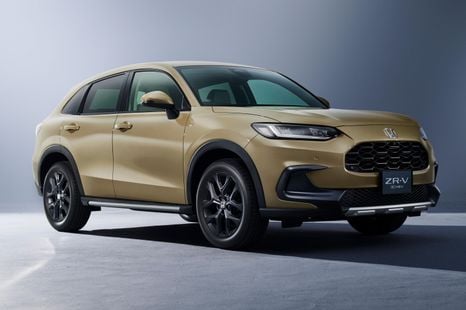

Derek Fung
8 Hours Ago
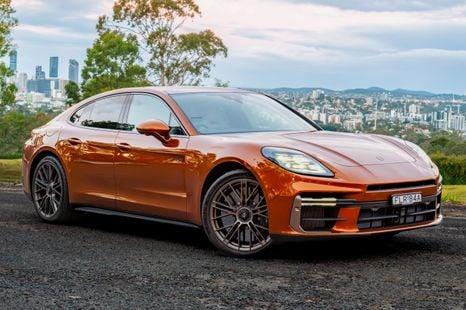

William Stopford
15 Hours Ago
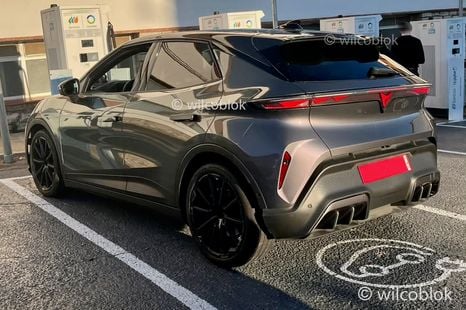

Ben Zachariah
23 Hours Ago
Add CarExpert as a Preferred Source on Google so your search results prioritise writing by actual experts, not AI.